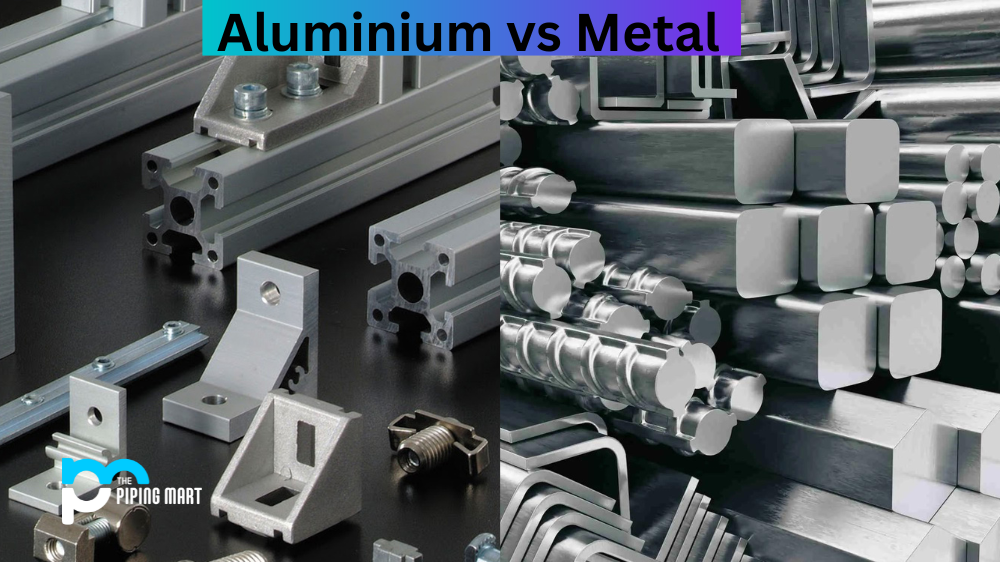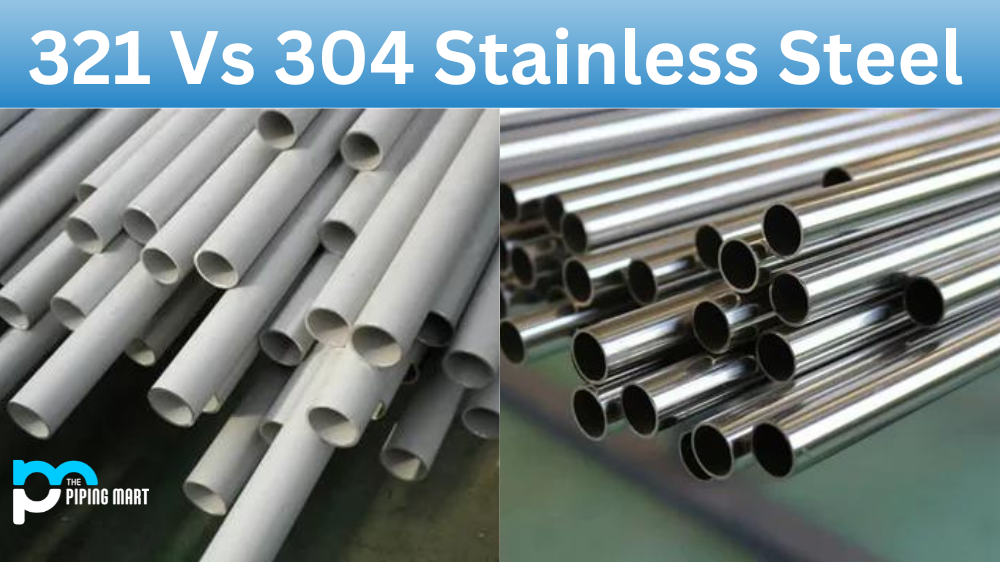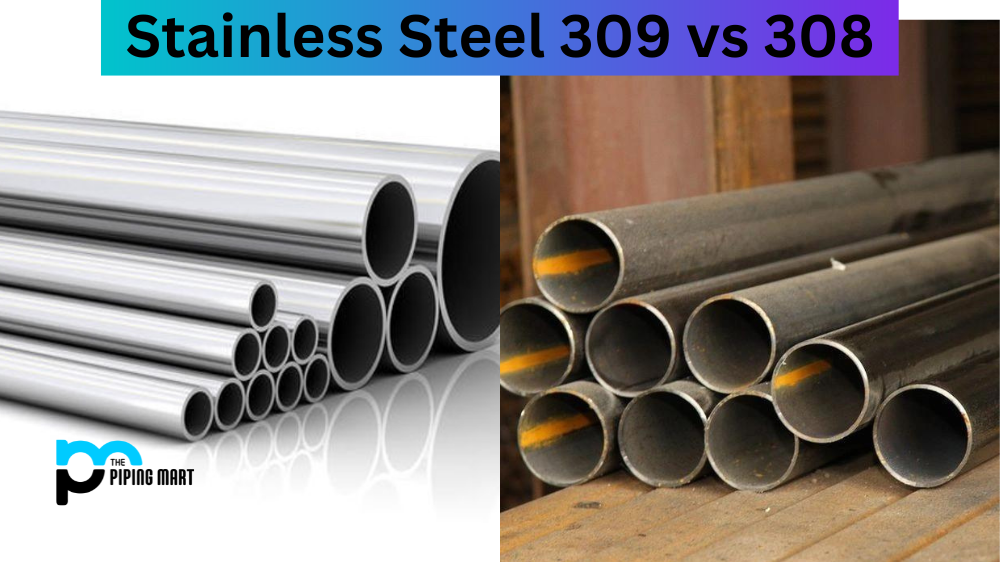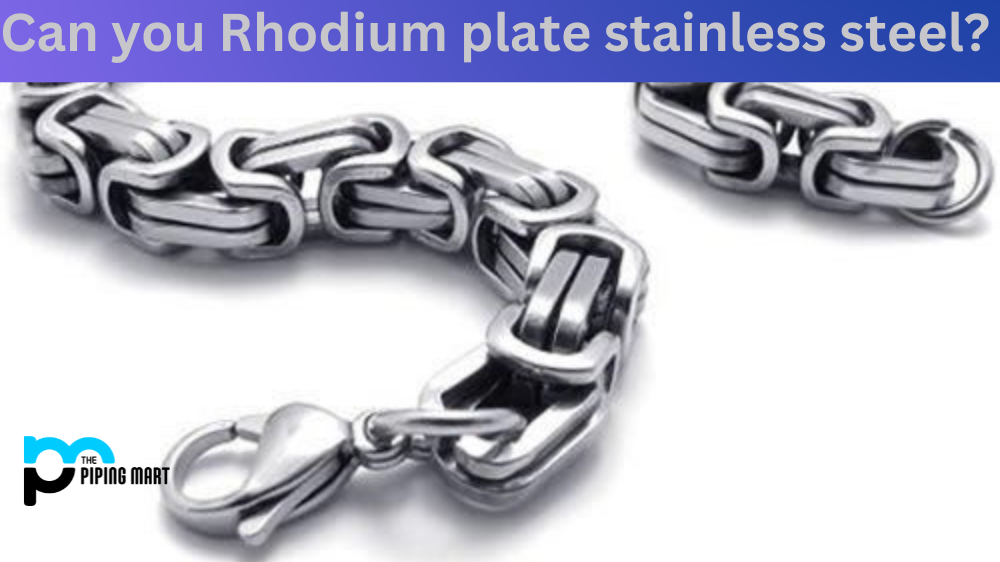Have you ever wondered what makes aluminum different from metal? Are they interchangeable? Or is there a key difference that sets them apart? In this blog, we’ll be exploring the differences between aluminium and metal to help you make an informed decision when it comes to selecting materials.
Basics
At their most basic level, aluminum and metal are both metals, but there are some key differences between them. Aluminum is a lightweight, silver-white metal that is soft and malleable. It has high electrical conductivity and good corrosion resistance, which makes it an ideal choice for many industries. Metal, on the other hand, is usually made up of several different metals that have been alloyed together in order to increase strength or reduce cost. Metal can also refer to a single element like iron or steel.
When it comes to applications, aluminum is commonly used in construction due to its lightweight and strong durability. It can be found in window frames, doors, roofs and more. It is also used in aircraft manufacturing due to its strength and lightweight properties, as well as its ability to resist corrosion from saltwater exposure. Metal is typically used for industrial purposes, such as machinery components or structural support beams, due to its strength and durability. It can also be used for decorative purposes such as sculptures or jewelry making.
Benefits of Aluminium vs Metal
When comparing aluminum vs metal, it’s important to consider the benefits each material offers. Aluminium has several advantages over metal, including being lighter in weight which results in cheaper shipping costs and easier installation processes. Aluminum also has excellent corrosion resistance, which means it won’t rust or corrode when exposed to water or chemicals, as some metals will do over time. Additionally, aluminum has excellent thermal properties, meaning it can hold heat better than other metals, so it’s often used for insulation purposes as well as cooking utensils such as pots and pans. Finally, aluminium can also be recycled easily, which makes it an environmentally friendly choice compared with other materials like plastic or steel, which require more energy-intensive processes during recycling efforts.
Difference Between Aluminium and Metal
Aluminium is a Lightweight Material
One of the primary advantages of aluminium is that it is a lightweight material. This means that it is easy to transport and can be used in a variety of applications where weight is a concern. Additionally, because aluminium is lightweight, it requires less energy to produce than heavier materials such as steel.
Aluminium is a Durable Material
Another advantage of aluminium is that it is a durable material. This means that it can withstand wear and tear and will not rust or corrode over time. Additionally, aluminium can be recycled multiple times without losing its strength or durability, making it an environmentally-friendly option.
Aluminium has Good Conductivity Properties
Another advantage of aluminium is that it has good conductivity properties. This means that it can be used in electrical applications where conductivity is important. Additionally, aluminium can be used in thermal applications as it has good heat transfer properties.
Metal is a Strong Material
One of the primary advantages of metal is that it is a strong material. This means that it can be used in applications where strength and durability are important. Additionally, metal can be recycled multiple times without losing its strength or durability, making it an environmentally-friendly option.
Metal has Good Conductivity Properties
Another advantage of metal is that it has good conductivity properties. This means that it can be used in electrical applications where conductivity is important. Additionally, metal can be used in thermal applications as it has good heat transfer properties.
Metal is Easy to Recycle
Another advantage of metal is that it is easy to recycle. This means that scrap metal can be reused in new products, saving energy and resources. Additionally, recycling metal helps to reduce environmental pollution
Conclusion:
When choosing between aluminium and metal for your project needs, there are several factors you should consider, including cost-effectiveness, durability, environmental friendliness and more. Ultimately both materials offer unique advantages, so depending on the specific application, you may find that one material works better than the other for your particular project needs! Both metals offer unique advantages, so deciding between them ultimately depends on your specific project requirements! Regardless of which material you choose, however, both aluminum and metal provide strong durability at reasonable cost-effectiveness with minimal environmental impact, making either a great choice for your next project!

Pipingmart is a B2B portal that specializes in metal, industrial and piping items. Additionally, we share the latest information and information about materials, products and various types of grades to assist businesses that are involved in this business.




